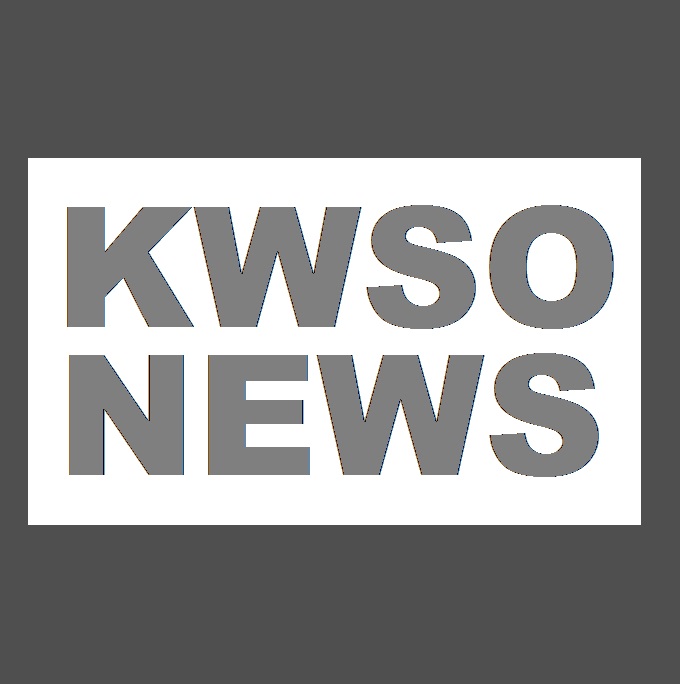Local News
News Stories Wed., Jan. 3, 2018
ST LOUIS (AP) — Tracking statistics from the moving company United Van Lines indicate that Americans are still heading west, while parts of the Northeast and Midwest are losing people. The Missouri-based moving company released its 41st annual National Movers Study on Tuesday. The top four destination states are Oregon, Idaho, Nevada and Vermont. At the other end of the spectrum is Illinois, which had the highest percent of outbound moves, followed by New Jersey, New York, Connecticut and Kansas.
As more people continue to turn to health apps on their smartphones to help achieve goals related to exercise and weight loss, it’s important to use such tools with an element of personal caution. A recent report says more than 325,000 health apps were available to consumers in 2017. Madras physical therapist Brock Monger says the emergence of health and fitness apps is a positive development. But, Monger, co-owner of Apex Physical Therapy in Madras, says even the best fitness apps can’t address everything that’s important when it comes to safely and effectively achieving personal goals.” He says “Fitness apps don’t know your medical history, current strengths and weaknesses. He recommends using the apps to track your goals, but not to set your goals. DO use apps for motivation, but DON’T let apps push you too far. Listen to your body over your app.
Here are the results from the 54th Annual Warm Springs Indian Holiday Basketball Tournament held December 27-30. The Champions were “Swantown” and Runner Up United Tribes. 3rd Place went to Warm Springs, 4th Place the NW Hoopers and Chi-Hills took 5th Place. The MVP Award went to Darrin Six of Swantown. High Scorer was Damean Frank with 41 Points for “Money.” Mr. Hustle was awarded to Aquino Brinson from Swantown and Top Rebounder was Dyami Thomas from the Portland team. All-Tourney awards were presented to Tyson Fryburg and Aquino Brinson from Swantown, Scott Riddle and Jansen Harrington, United Tribes, Chad Marks & Dave Smith from the Warm Springs team, Keno Gamboa & Jason James for NW Hoopers, Jered Hall & Chuck Shields for Portland, Joseph Arthur, Tygh Valley and Badger Kimbol, Chi-Hills.
SALEM, Ore. (AP) — A tax on insurance companies and some hospitals to provide health care for low-income Oregonians goes before voters this month, even after it was approved by the Legislature and signed by the governor during the 2017 legislative session. Three Republican lawmakers, arguing that the costs would be shifted to consumers, gathered enough signatures for a referendum to allow voters to say yes or no. There is a lot at stake in the Jan. 23 special election. If voters say no to Measure 101, thereby eliminating or delaying the taxes, it will cause a drop of $210 million to $320 million in state revenue, resulting in a possible reduction of $630 million to $960 million or more in federal Medicaid matching funds, according to the Secretary of State’s web site. A “yes” vote would keep the 0.7 percent assessment on certain hospitals and a 1.5 percent tax on insurers and coordinated-care organizations that facilitate the state’s Medicaid program.

